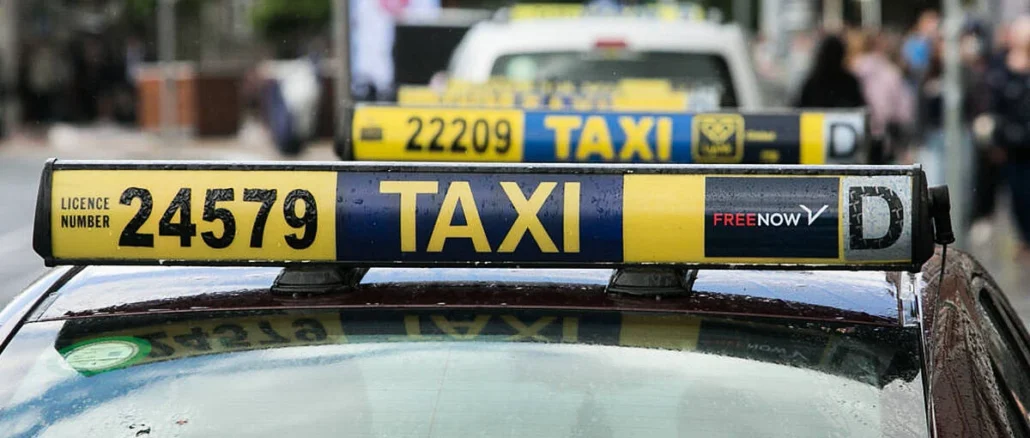
On the first of December 2024, the National Transport Authority of Ireland implemented a 9 percent increase in taxi fares. Pre-booking fees have also increased from €2 to €3, bringing the increase in fares to over 10 percent.
In a comment on this decision, Anne Graham, CEO of the NTA, explained, “The 9 percent increase provides for the increasing operational costs drivers are facing while balancing the needs of the travelling public”.
Every two years, the organisation examines the fare price of taxi drivers and passengers to “assess any adjustments in changes in the operating costs and market environment facing the taxi industry” (National Maximum Taxi Fare Review Report 2024)
In 2022, the Commission for Taxi Regulation recommended increasing taxi fares by 12 percent to combat post-pandemic issues for the industry. The 2024 review highlighted the increase in cost of living for drivers has had a significant effect on taxi demand.
The increase in fare price is set to mainly affect Ireland’s nightlife, hospitality workers and healthcare taxi services. The Times have reported that the HSE have spent over €138.8 million on taxi services over the last four years. Uber has released a statement in response to the NTA’s increase, condemning their decision: “This decision will not only discourage people from enjoying the night-time economy but will also harm businesses that rely on late-night trade,” said Kieran Harte, head of Uber Ireland.
Students at Dublin City University (DCU) highlighted the struggle faced by young people on trying to get a taxi, especially at night: “The only way home is a taxi, but it’s always expensive,” said second-year student Aoife O’Reilly.
The NTA set the “special rate” to be extended during the holidays. The fare rate applied also cost users €2 per kilometre, plus the booking fee during the hours of 12 am and 4 am at the weekend during peak hours. “I don’t think people will get them as much, not if they’re too expensive,” student Roisín O’Leary said, regarding the issue.
Transport For Ireland has faced major backlash regarding changes in public transport services, with the loss of major bus routes affecting people’s daily commutes. Recently, the bus 46A that used to travel between the Phoenix Park and Dun Laoghaire has been discontinued.
The issue of the unreliability and lack of Ireland’s public transport was also brought into question for students. “The service is shocking. If you want to encourage people to use it, give them a better service,” said Ray Smith, a staff member in NuBar in DCU. TFI have started the rollout of increased night-time services, with 10 routes having 24-hour services, and twelve routes offering Nitelink services on Fridays and Saturdays
With the increase in taxi fares and the discontinuation of popular bus routes, students and commuters alike are left with fewer choices to get around Dublin.



